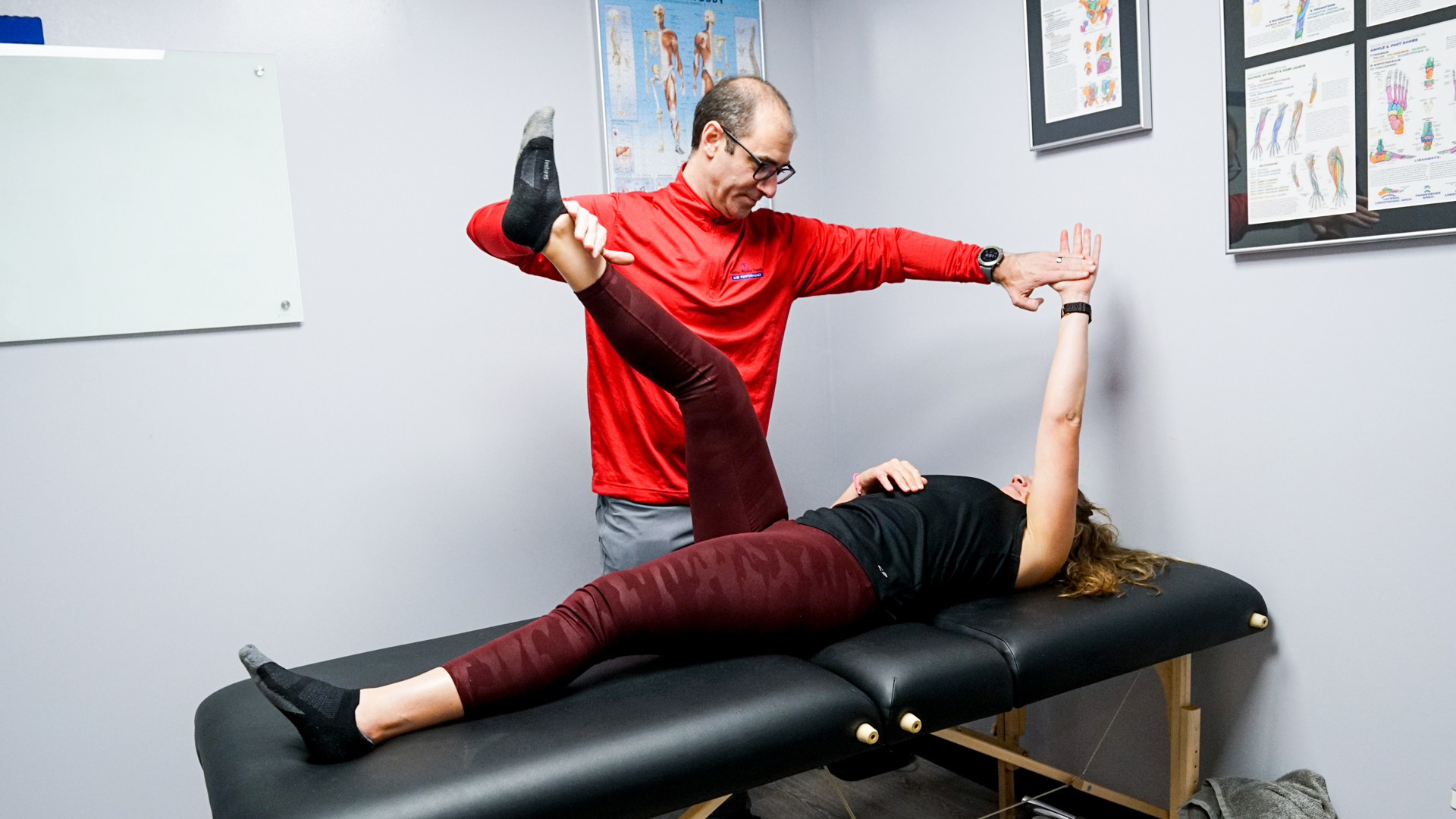Enhancing Rehabilitation Via Physical Treatment After Surgery
Recovering from surgery can be a challenging process, but physical therapy plays a crucial role in assisting individuals regain their power and mobility. After the procedure, the body needs a period to recover, and rehabilitation provides a structured approach to healing. This process not only centers on physical rehabilitation but also highlights the importance of mental well-being. By participating in physical therapy, patients can enable themselves to take control of their recovery and enhance their overall quality of life.Physical therapy after surgery typically begins with an assessment by a certified physical therapist. This professional assesses the patient's status, including their scope of movement, power, and discomfort levels. Based on this evaluation, a customized treatment plan is developed. This plan may consist of exercises to improve flexibility, muscle-building to rebuild muscle, and techniques to enhance balance and stability. The therapist will lead the patient through these workouts, making sure they are performed safely and effectively. This tailored approach helps patients progress at their own pace while addressing their specific requirements.
One of the main benefits of physical therapy is personal training for nutrition education pain management. After surgery, many patients feel pain or discomfort, which can impede their ability to function and participate in daily activities. Physical therapists use various techniques, such as manual therapy, treatments like heat or ice, and targeted workouts, to help reduce pain. By controlling pain efficiently, patients can participate more fully in their rehabilitation workouts, leading to quicker recovery. Additionally, understanding how to manage pain can empower patients to take an engaged role in their recovery process.

Another crucial aspect of physical therapy is education. Patients are taught about their status, the recovery process, and the importance of adhering to their recovery program. This understanding helps patients understand what to expect during healing and the role they play in their own healing. Physical therapists also offer guidance on how to modify daily tasks to avoid further injury and promote healing. This informative component fosters a sense of independence and assurance, allowing patients to feel more empowered of their recovery journey.
In conclusion, rehabilitation is an essential component of recovery after an operation. It not only assists in physical rehabilitation but also supports emotional and emotional well-being. Through personalized treatment plans, discomfort management techniques, and educational support, rehabilitation enables patients to take charge of their healing. By proactively participating in their recovery, individuals can recover their strength, enhance their movement, and enhance their overall quality of life. Embracing physical therapy after surgery can lead to a positive and fulfilling recovery experience.